The pandemic initiated a never-ending cycle of digital disruption in many industries. The financial services industry also witnessed a rise in customer expectations regarding online transition. This forced financial institutions (FIS) to reform their strategies to adapt to the digital ecosystem. This quick transition from physical to digital necessitated Fintech adoption so that businesses can launch powerful digital transformation strategies.
Customers prefer cashless and contactless transactions over traditional payments. This ushers FIS to shift their focus from a project-based approach to a product-based, customer-centric approach. From cloud processing to open APIs, modern technologies are impacting financial institutions, banks, telcos, and Payment Service Providers by addressing the pain points of legacy systems.
Above all, people are increasingly relying on digital payments for money transfers. Currently, 83.72% of the world’s population owns a smartphone, which will certainly cross the 90% mark in the coming years because of digital transformation. According to a survey, 85% of generation Z and 81% of millennials have adopted e-wallets for their daily payment needs. To meet such customer requirements and to empower FIS digitally, Fintech adoption has accelerated in the past few years.
Let’s look at some of the digital transformation trends and technologies that are the fundamental driving forces of the Fintech industry.
Emerging Digital Transformation Trends for Financial Services
Self-service Is Becoming The Norm
As the transformation is unfolding, technologies like AI, ML, and Big Data are playing a key role in automating basic financial processes. Businesses don’t need manual hand-holding for basic finance queries. Report production can be automated and queries can be answered by a digital assistant. With AI and Big Data, businesses can convert spreadsheet data into visually rich information that will be relatively more accessible and easy to use. Consumers can also leverage benefits like personalized and accurate services without queuing outside banks.
The Mobile-first Customer Approach
By 2025, banks will drive 80% of their customer traffic from mobile apps. A mobile-first customer approach involves the improvement of products, delivery and, experience through mobiles.
Mobile banking provides customers with easy and 24/7 access to most of the banking activities like, bill payments, fund transfer, and review of account history. Hence, FIS must prioritize simplicity, speed, and better customer engagement through customer-centric mobile applications. It also increases business efficiency with the help of AI, location data, RPA, biometrics, etc.
The Evolution Of The Workforce Model
Due to digital transformation, financial institutions need employees with new skills. Shortly, FIS may need employees who can collaborate with Fintech solution providers to sustain and leverage the digital disruption. The new diverse finance workforce will include robots and algorithms, providing an opportunity to evaluate what kind of processes no longer requires human intervention.
Cryptocurrencies On The Rise
As of April 14, 2022, the global cryptocurrency market cap expanded to $1.92 trillion. Cryptocurrency is helping Fintech unlock new markets in the countries where regular currency is experiencing rapid devaluation. Many countries and regions have recently accepted cryptocurrencies as financial assets and even legal tender. According to a report, over 36 central banks across the globe consecutively issued digital currencies to digitize fiat money.
Technologies Upsacling Fintech Expansion
Artificial Intelligence and Machine Learning
AI and ML are emerging technologies in the financial industry, contributing to the growth of Fintech. AI-powered chatbots and virtual assistants can resolve customers’ finance queries.
AI can be paired with Big Data to analyze the performance of FIS, create insights and automate organizational processes like administration and documentation.
ML is widely used in fraud prevention and risk management. ML tools analyze existing fraudulent cases and investment records to predict and uncover potentially threatening patterns.
Robotic Process Automation
To enhance business productivity and efficiency, FIS can apply RPA to their solutions. RPA uses robotics to complete routine tasks via GUI. It can automate simple tasks like sending emails and even complex procedures, such as generating reports and organizing a database.
Some of the most common RPA procedures are:
- Performing security checks for customer/client onboarding
- Collecting statistics
- Managing regulatory documentation
- Performing calculations to evaluate the company’s performance
- Managing transactions
- Maintaining accounts
- Processing credit cards
Blockchain
Over 40% of banks have agreed that blockchain is the best technology for making transactions safe. Blockchain works on a decentralized network, so it doesn’t rely on any third-party application for execution. Many banks have already adopted blockchain to leverage its top security features and others are likely to follow the trend. Here are some blockchain benefits that allow Fintech companies to expand:
- Each transaction is encrypted with zero possibility of penetration
- Each stakeholder in the network has to approve the transaction, which leaves no chances of hacking
- The concept of tokenization in blockchain allows international organizations to use universal currencies
Be At Par with Next-Gen Digital Trends with Our Fintech Solutions
With the digital transformation, the demands of the financial market are constantly changing. To meet these demands, each year Fintech is equipping financial institutions in a new way. Apart from its inevitability, Fintech adoption is crucial to maintaining a competitive edge in today’s financial market. Combining all the technologies and trends, Fintech will continue to play a pivotal role in attracting customers and increasing business efficiency.
Panamax’s Fintech solutions can help you unlock new opportunities by digitally transforming your business with next-gen technologies.


















